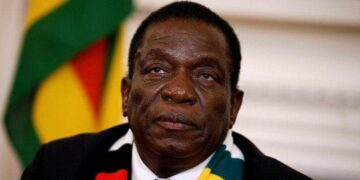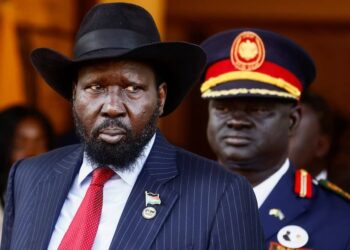By John Ikani
A samba group that highlighted prejudices against African-Brazilian religions have been crowned champions of this year’s Rio de Janeiro carnival parade.
The group known as Grande Rio Samba School won its first title with a song, costume and floats that paid tribute to Exú, a Yoruba god revered by many African cultures.
Exú is revered as a benevolent spirit who serves as a messenger between Heaven and Earth.
Afro-Brazilian religions often come under attack from Evangelical Churches, which mistakenly label Afro-Brazilian deities as demons.
Grande Rio, which is based in the poor neighbourhood of Duque de Caixas, said it wanted to show a more positive side of Afro-Brazilian religions.
For four consecutive years in the past, the school has only reached second place.
“We conceived our parade as a defence of our beliefs against religious racism and the demonisation of Exú,” Grande Rio’s creative director said.
It was a politically charged choice of theme in a Brazil where Afro-Brazilian faiths such as Candomble and Umbanda have been widely demonized by the country’s powerful Evangelical Christian movement, which is closely allied with far-right President Jair Bolsonaro.
Twelve samba schools, representing different communities of the city, compete every year for the top prize which had the city’s dedicated carnival parade venue, the “Sambadrome,” throbbing to the beat as a glittering, sequin-studded sea of dancers, drummers and floats flooded the avenue
The parade was cancelled last year because of Covid and this year’s event was delayed due to the impact of a new variant of the coronavirus.
Celebrations kicked off with colorful floats and flamboyant dancers as the city’s top samba schools began strutting their stuff late Friday – the first evening of the two-night spectacle.
Entire communities rally around the competing samba schools, whose shows are not only a source of pride but also employment since preparations require countless seamstresses, welders, costume designers and more.
There are months of rehearsals for dancers and drummers, so participants can learn the tune and the lyrics for their school’s song.


































